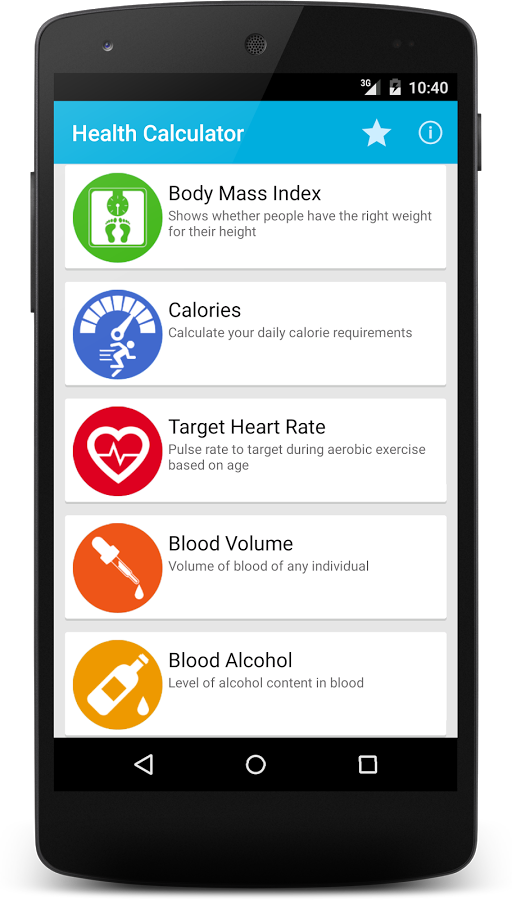I just love calculators! If I want to know whether I’m underweight (I wish!), normal (almost never!) or overweight (so sad!), I consult my Body Mass Index (BMI) calculator. If I need to know my calorie intake or how much alcohol is really in my cocktail, I visit my favorite internet calculators and I am in heaven tabulating the results. But health calculators aren’t just fun, they can be informative, too. The latest calculator I’ve discovered is the Healthy Life Expectancy Calculator (HLE). Created by actuaries from the University of Connecticut, HLE has become an internet sensation. It records those factors that impact your quality of life to come up with results that provide you with a “state of health” snapshot.
Jeyaraj Vadiveloo, the director of the Janet and Mark L. Goldenson Center for Actuarial Research and his colleagues developed this online tool to calculate total life expectancy using two different metrics, “healthy life expectancy” and “unhealthy life expectancy”.
Like other calculators, this one looks at a number of factors, including the more mundane ones such as exercise, smoking, alcohol intake, etc. Where it differs is in considering education, income level, accident history, sleep history and whether type 2 diabetes is present or not. (The only factor missing is blood pressure levels; certainly, anything higher than 130/80 represents a health threat and is worth calculating in one’s life expectancy but perhaps it is too dependent on self-monitoring which most people don’t do and guessing would simply throw a wrench into the calculation.)
The actuaries found that women not only lived longer than men, but had a longer healthy life expectancy. However, they don’t make assumptions as to why. Certainly, eating well, having an active lifestyle and restful sleep help make the difference. Other factors such as the demands society makes on men may help account for the disparity. (Read Doctor Legato’s book, Why Men Die First, to learn more.)
What’s important about using this calculator is that many of the factors it monitors are within an individual’s control. Vadiveloo and his UCONN actuaries cite as an example, the following: “A 60 year-old man — If he exercises, eats right, and checks all the other healthy living boxes, he can expect to live 13 more healthy years, than a counterpart with an unhealthy lifestyle.”
So barring a freak accident or family history of significant diseases, get on the ball, calculate your healthy life expectancy and make positive changes. You can do it!
Strategic Communications Professional/Content Strategist/Marketing Communications Consultant





